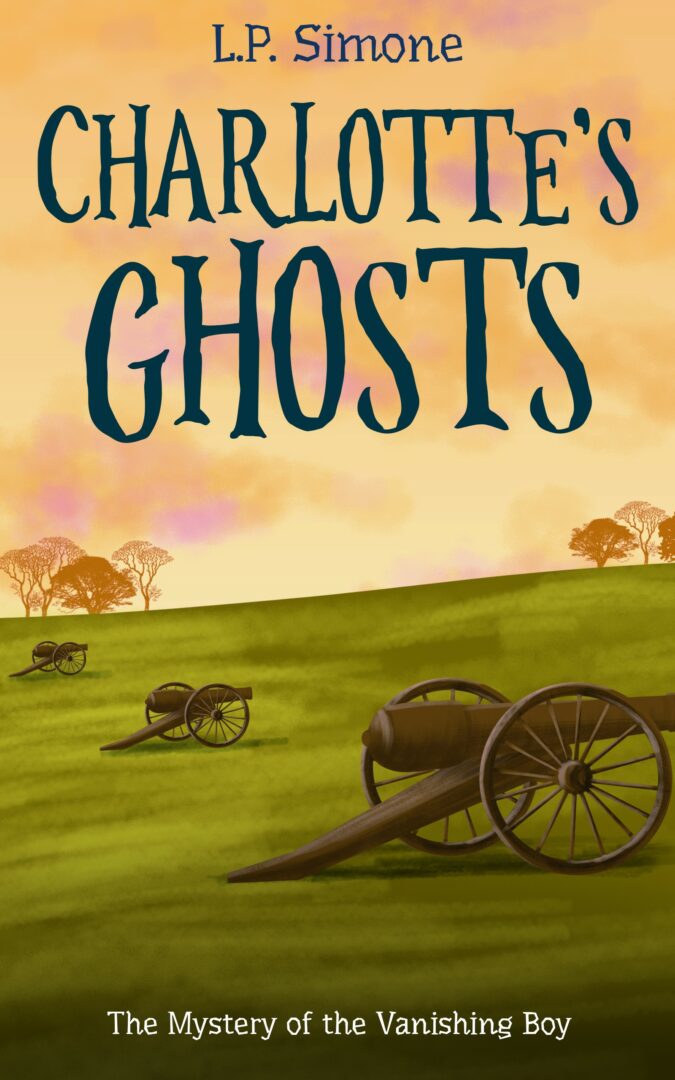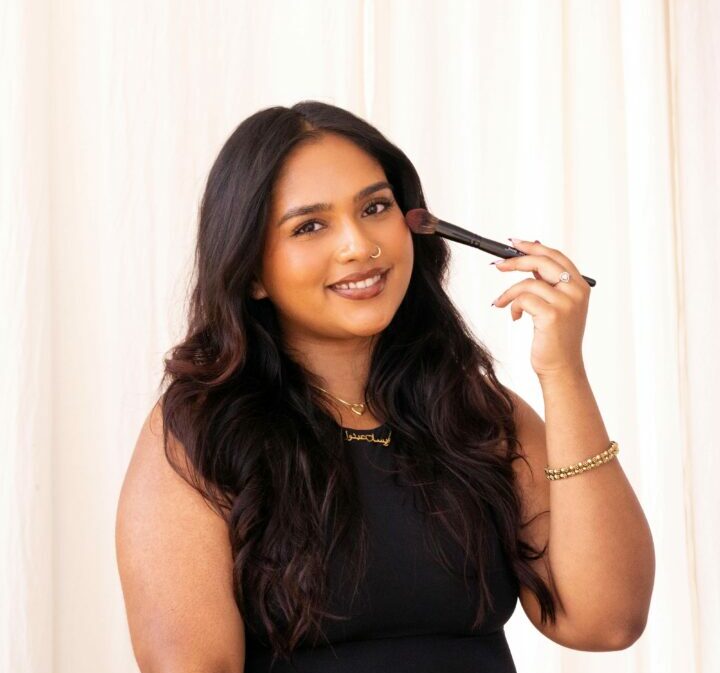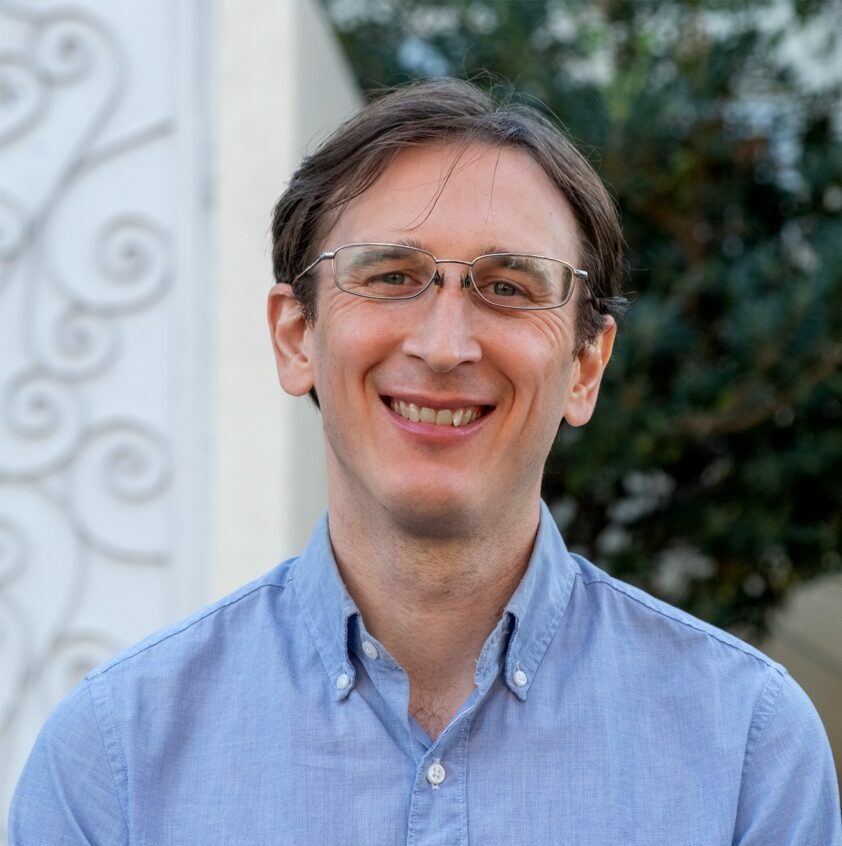We recently connected with L. P. Simone and have shared our conversation below.
L. P. , thank you so much for joining us today and appreciate you talking about a sensitive topic. It’s unfortunately relevant to so many in the community as layoffs have been on the rise recently, and so we’d appreciate hearing your story and how you overcame being let go?
Well, my principal started with, “We don’t need you anymore.” That was how I learned I would no longer have a job I loved. And it happened twice. As you can imagine, my life crashed to the ground. I had been teaching at an independent school for a few years and, despite the fact that I knew my position was temporary, the words hit me like a punch in the gut.
Then it happened again!
Now things really shattered.
After both conversations with my immediate supervisors about why they would not renew my contract for the following year, my immediate response was to go running. I tightened the knots on my running shoes, and hit the trail through the woods near my house that I affectionately call “my treadmill.” I’ve run it so many times, in so many conditions and moods that I hardly need a watch to tell me my speed or distance.
Running helps me escape my thoughts as I focus 100% on what my body is doing. Running has taught me how to leave what’s bothering me back at home. It helps me clear out the raw emotions of whatever is going on and be in the moment. One foot in front of the other, for 4 miles.
Back at home, cleaned up and calmer, somehow I needed to put my career back together.
It took more than a good run. I will not lie. I had to finish out the school year, but the day to day interactions with students and other faculty helped me focus on my work and what I knew how to do, which was to teach students to think and to write.
I knew I did my best during the years I taught. I knew I had reached my students where they were academically and emotionally. It took all my strength to focus on the positives. I had not been fired. My job(s) were discontinued.
Still the fear that somehow I had failed nagged at me as the school year came to a close. But if I know one thing from all the miles I have run in my life, when you climb a hill, no matter how hard it feels, the view from the top will be spectacular. Believe me, the doubt, shame, and worry after a lay-off are physically and emotionally as hard as running uphill no matter how fit, or determined you are.
The view I beheld as I neared the end of the school year, offered me a kind of clarity that rarely occurs when working the day to day of a job. I saw time to pursue my dream of writing novels for young people. A space opened that helped me see the road ahead. From the top of the hill I saw opportunity to commit to my own writing. With two award-winning novels for young readers under my belt, I am currently working on two more, and two picture books as well.
I know it’s hard, but now, when the climb feels impossible —especially when the climb feels impossible, I never doubt that from the top the view will be magnificent.
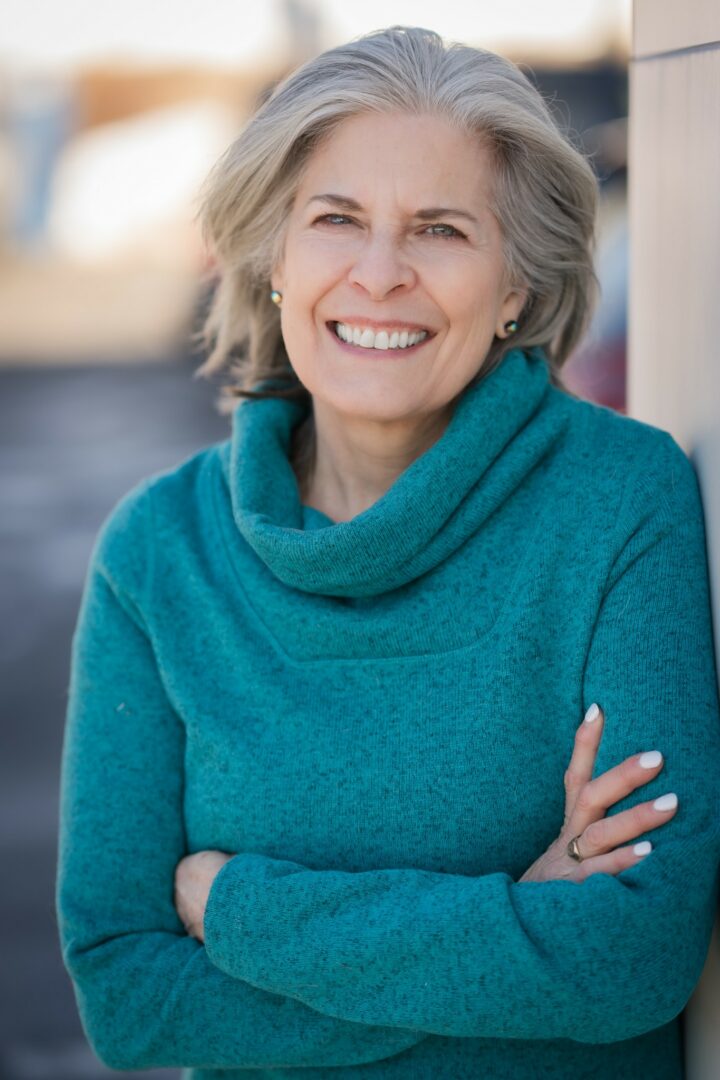
Let’s take a small detour – maybe you can share a bit about yourself before we dive back into some of the other questions we had for you?
Lots of people think success for writers is having books traditionally published. For me, success is defined as pursuing what I love, writing stories and putting them out in the world. It helps, of course, if people like what I write, but, really writing is the point.
That is why I am moving toward launching a new novel that is totally different from anything else I’ve written and published. It’s a middle grade adventure story about a boy in a castle, and finding one’s place in the world, which actually is an underlying theme of everything I write.
I am also working on a middle grade story that is a cross between a gadgety spy agency, a Disney real-life animal adventure, and a social media king
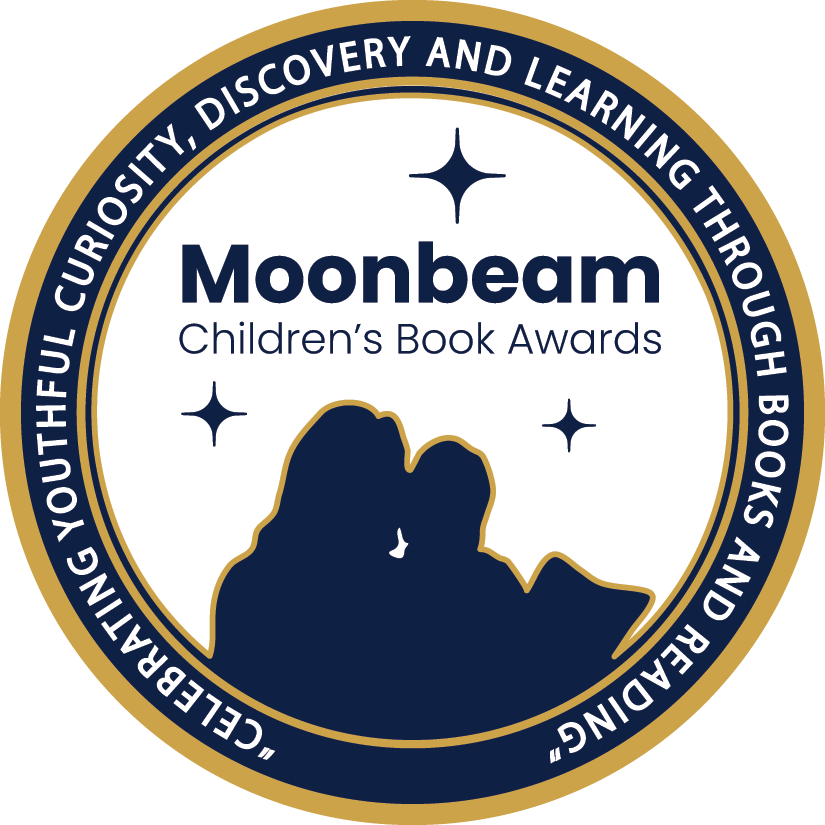
If you had to pick three qualities that are most important to develop, which three would you say matter most?
First, I have always known I could write. That is one skill that’s essential to everything I’ve ever done. I probably had some undiagnosed learning issues growing up, but I knew I could put words together and make a coherent, strong argument for whatever I wanted to say. I received positive reinforcement for that in the world in which academic achievement was valued. But even though I knew I was good at it, I still had to work on it. I had to learn to do what good writers do in order to do it myself. I had to learn to read like a writer. I always want to know how a writer or a filmmaker leads me down a path to make me cry at the right moment. That skill I had to develop. I will read a book over and over until I track down the exact way a writer connects to my emotions. It helps to have a little bit of professional distance from a story in order to dissect it. But those eureka moments offer valuable insight into the craft of writing.
Second, I have inexhaustible curiosity. I love learning new things. I love digging down deep into a topic and finding out as much as I can about it to begin to see how whatever it is –say the ways rats communicate, for example — fits into a larger question — how wildlife survives in a city. It’s hunting down the answers to an endless stream of questions that makes doing research, finding a creative way to incorporate the information into a story, and getting out of bed every day so much fun. Knowing how to find answers beyond asking a search engine or an AI chat bot is one of the most important skills I have developed. I used to tell my students that research is answering a question that can’t be answered by anyone with a smartphone or AI. Research means asking multiple questions- some that smartphones and AI can answer, but mostly it’s hunting down stray threads of information and combining them in new, unique ways. You have to be tenacious, and you have to know when you have reached the useful end of the thread. I love hunting down a fact that most people would consider completely random. Research can be distracting, but finding that intriguing detail that will add the exact right level of realism makes it the most fun.
And, third, the skill that keeps me writing most of all is my ability to keep generating ideas. The smallest thing can spark a kernel that leads to a story. I love taking an idea and following it to its absolute most extreme limits. Not all ideas work out, obviously. Most, in fact, go nowhere but every once and a while an odd thing I saw, or a stray sentence someone says leads me to hatch an entire world or scenario that I can’t get out of my mind. My first book, The 2012 Prophecies: Heir of the Jaguar started that way. I read a random comment in a magazine article on a plane that spun an entire scenario of a boy who could save the world from what people were saying was the end of the world based on an ancient Maya inscription. That’s an example of putting my research skills to work on a grand scale. I spent several summers working in Guatemala and learning as much as I could about Maya culture in order to write the novel that Kirkus said demonstrates the “utmost respect for Maya civilization.”
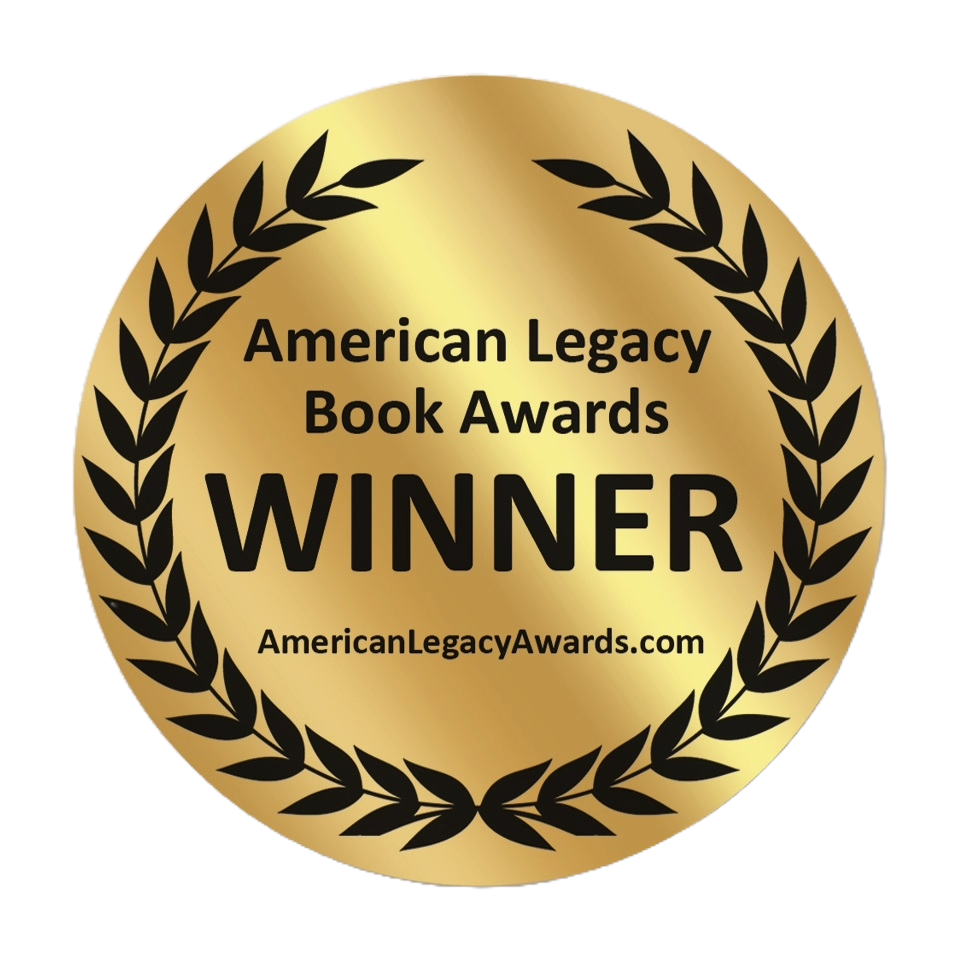
What has been your biggest area of growth or improvement in the past 12 months?
Hands down the area that I have grown the most in over the past twelve months is getting over the belief that my books will sell themselves and get into the hands of the right people because that’s what happens to a good story. Right?
Wrong. Finding readers takes work.
I attended a webinar about book marketing not long after I put out my latest book, Charlotte’s Ghosts. I don’t remember who sponsored it, but something the speaker said opened my eyes. I listen to a lot of things while I’m working out or cooking or doing dishes, whatever, and often the speaker says things that either I know, I disagree with, or I have heard a million times. But this time I heard loud and clear what the speaker was saying. She said, basically, you are the best spokesperson for your story. If you don’t sing about it, and sell it, and get on social media and talk about it, who will? That sent me out the door selling my book at local holiday markets. It led me to send my book to contests and reviewers, and book stores, and to sell it on websites that promote books and to dip my toe into social media. These are all things I knew I should be doing but I was too afraid to do.
But I realized, if I don’t do it, nobody will.
I’ve learned to use Canva to create ads. I started posting content on my website. I also realized that I needed help to get started so I hired a content creator. It’s been a steep learning curve, but little by little I’m putting myself out into the world. I know for most people, social media is the air they breathe, but for me, it was like learning a new alphabet. I had to take baby steps.
That is where I’ve grown the most in the last twelve months. And the chance to tell my story on Bold Journey was an opportunity the “new me” couldn’t pass up. Hopefully others out there who might be afraid to show the world what they have done will be inspired to sing about their work, too.
Contact Info:
- Website: www.dragonsongpublishing. com
- Instagram: @dragonsongpublishing.com
- Linkedin: https://www.linkedin.com/in/lpsimone-dragons-song-publishing
- Other: @lpsimone.bsky.social
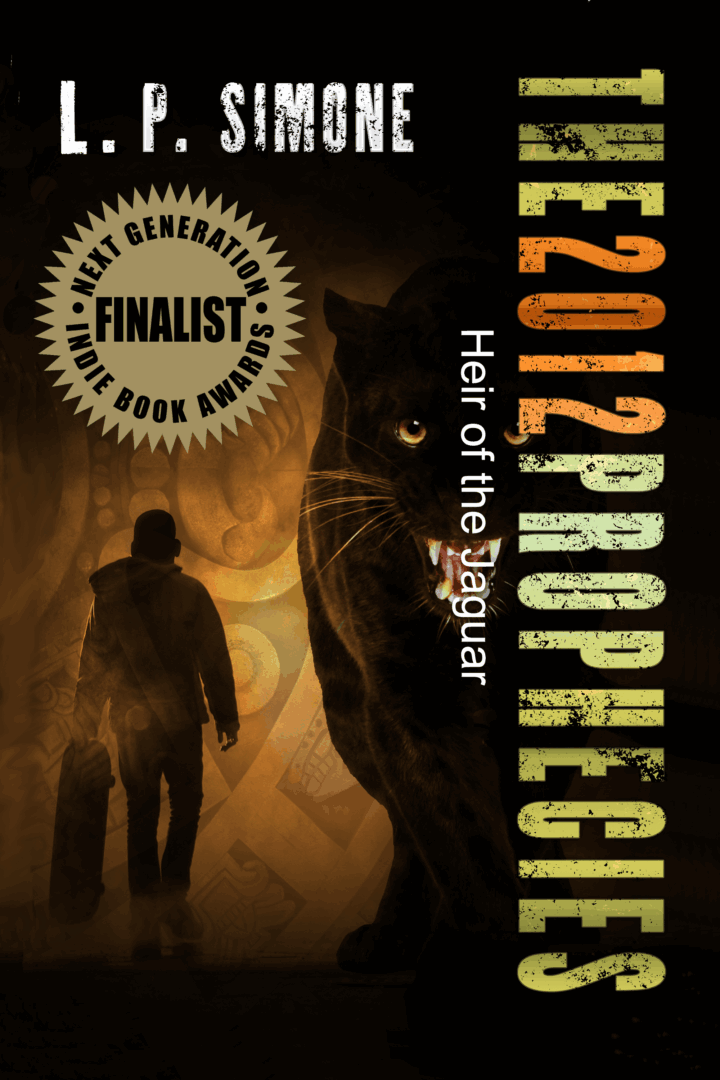
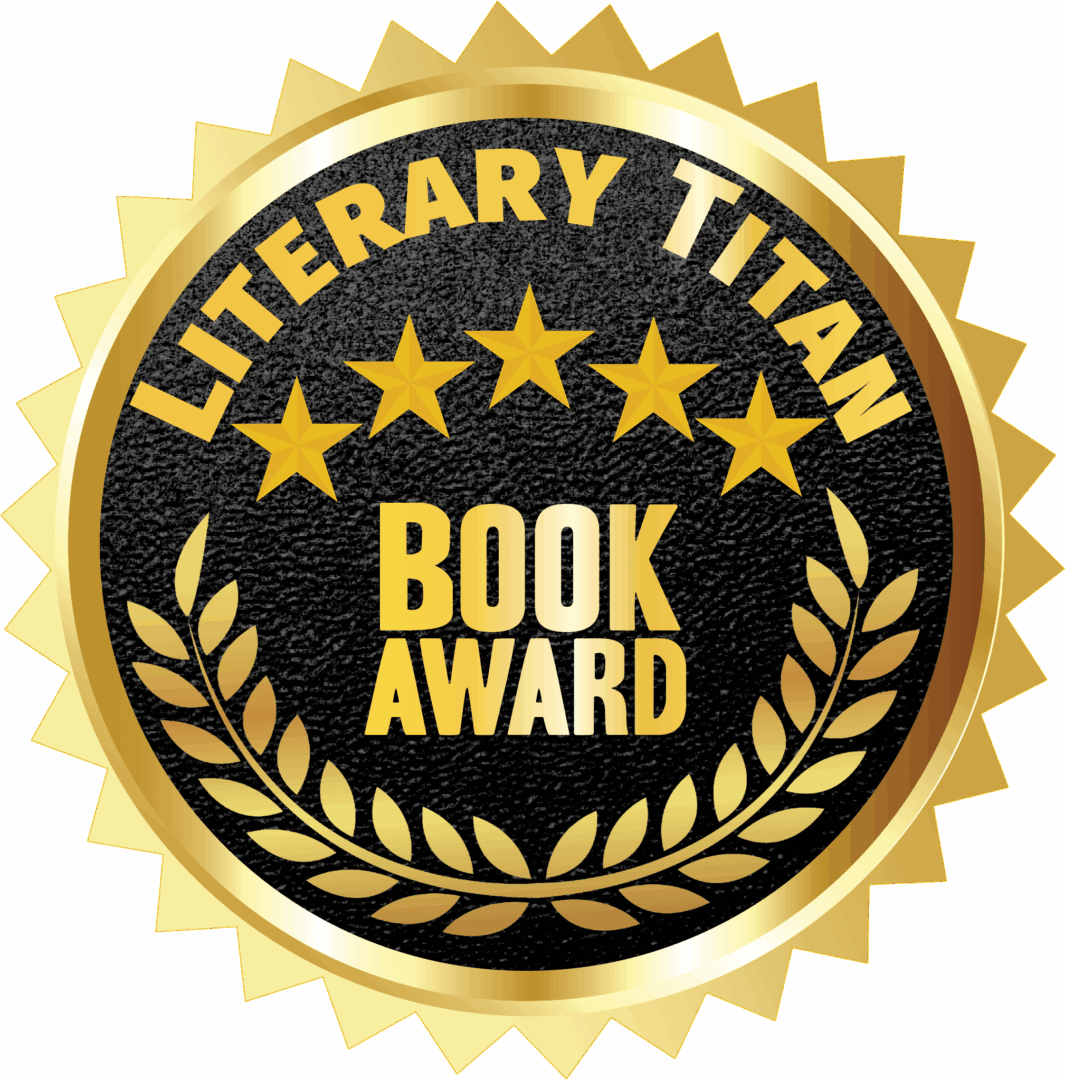
Image Credits
Melissa Maillett Photography
so if you or someone you know deserves recognition please let us know here.

